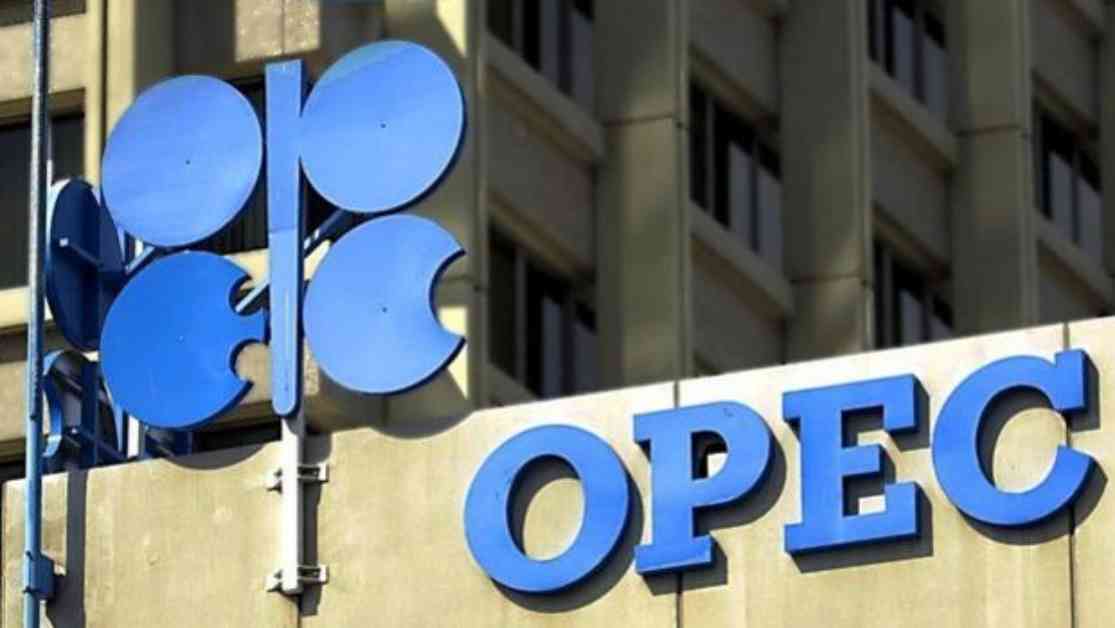OPEC has decided to extend oil production cuts until December, choosing not to prolong supply constraints for another two months. Despite making some minor adjustments in its monthly oil market report, OPEC has maintained its overall forecast for global oil demand, predicting an increase of 2 million barrels per day this year.
The forecasted increase in demand from OPEC contrasts with the recent decline in oil prices, which hit their lowest closing levels since 2021 on Friday due to concerns about China’s economic growth and the decision to postpone production cuts until December.
The OPEC+ coalition, consisting of 23 countries, has been adjusting production levels since the end of 2022 to support prices but is now looking to bring production back to the market. According to OPEC’s report, if the coalition does not open the taps, a surplus of more than 3 million barrels per day could be faced in the fourth quarter.
This decision by OPEC comes at a time when the oil market is facing uncertainties due to various factors, including the impact of the ongoing COVID-19 pandemic on global economic recovery and the geopolitical tensions in key oil-producing regions. The balance between supply and demand in the oil market continues to be a delicate issue that requires careful monitoring and coordination among oil-producing countries.
It is essential for OPEC and its allies to strike a balance between supporting oil prices and ensuring an adequate supply to meet the growing demand. The decision to extend production cuts until December reflects OPEC’s cautious approach to managing the oil market and its commitment to stabilizing prices while considering the changing dynamics of the global economy.
As the world gradually recovers from the pandemic and economic activities resume, the demand for oil is expected to increase, putting pressure on oil-producing countries to ramp up production. However, uncertainties surrounding the future trajectory of the global economy and the potential impact of geopolitical events highlight the need for close cooperation and coordination among oil-producing countries to ensure a stable and sustainable oil market.











